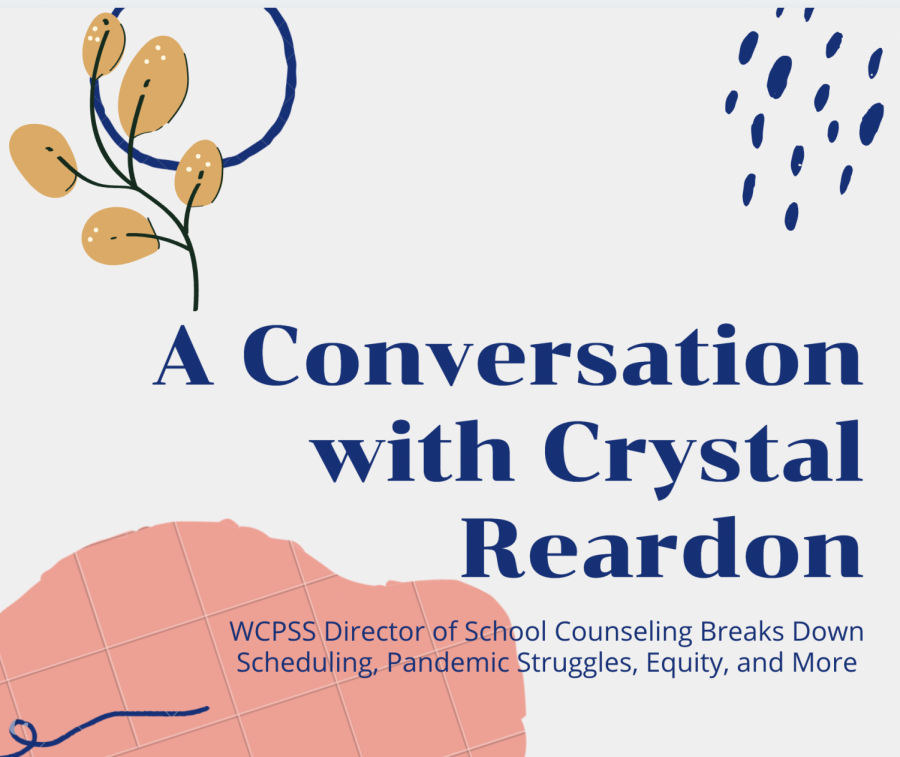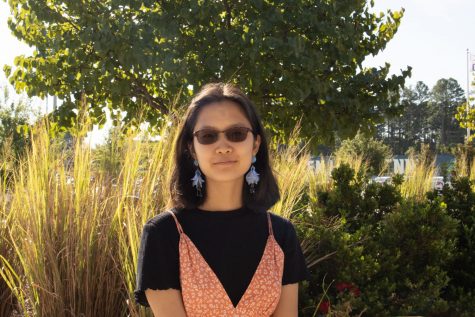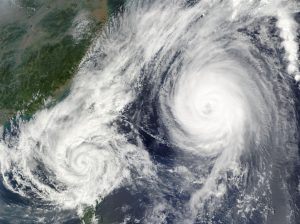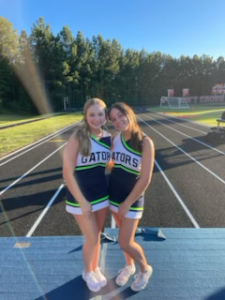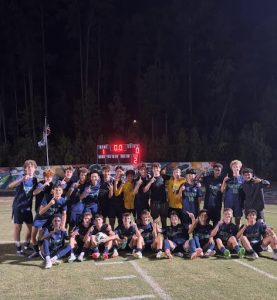A Conversation with WCPSS Director of School Counseling, Crystal Reardon
An in-depth conversation with the Wake County Public School System Director of School Counseling.
January 26, 2021
Crystal Reardon, the Director of School Counseling for the Wake County Public School System, recently took the time to sit down with Green Level students to discuss top student concerns and questions. The director of the year’s (2019-2020) resume speaks for itself: journeying through many different UNC system schools, being a school teacher and counselor, working at state and district levels to support character education and teachers. But getting to chat with Ms. Reardon gave us an inside look into her job. Throughout the interview, her love of students and education was clear.
The WCPSS Director of School Counseling is tasked with many responsibilities ranging from record transferring to working with schools to creating master schedules. For students and staff alike Reardon says, “everybody was a first-year everything,” adding that while how she engages herself through onlines meetings has drastically changed, her role itself has not.
In fact, Reardon noted that the pandemic has “Made more clear than ever, our counseling and student services professionals are vital in helping students meet their daily goals and their annual goals… Whether it’s academic accomplishments, or college and career-ready accomplishments. Whether it’s building social strategies, coping skills… it’s clear that we need more people to do that work.” This aligns with her main goal of being Director of School Counseling, to increase the number of school counselors.
While one counselor is recommended for every 250 or fewer students, many high school counselors have numbers close to 450 in their caseloads. “They support 100% of the students all the time,” Reardon explains in her work to lower the ratio.
One area most students are familiar with talking to their counselors about is their course selections and class schedules. In contrast, what many are unfamiliar with is how these schedules are actually built, which can lead to frustration and confusion about imperfect course schedules. Reardon helps give a breakdown of how master schedules are built and why they are not fluid: teaching positions are hired based off the number of students attending a school, then course selections by students in March affect how the master schedule is built. This is why, “It’s so important in March, for students to work with their teachers, counselors, and parents to pick the classes that they really do want to take next semester or year because signing up for that class means there is more interest and that means it is more likely for that class to be in your master schedule,” Reardon explains.
For the 2021-2022 school year, Green Level will be able to offer greater course selections, as there will be a senior class, allowing for more core and elective class options.
Though, it can also be difficult to know what courses you want to take. Reardon offers some advice, “All students have experience of core classes since they’re required, of those required classes, which one resonates with you? Do you find you like the one right answer or the theoretical response that comes from solving a math problem, or do you find you like the theory that comes from digging into science, do you feel that you really connect more with the reading and the writing that comes from the humanities like social studies and English?” You can answer this by asking the question, “If you’re sitting down with your homework at night, how do you choose what to do first? Do you choose what you like to do first or do you choose what you don’t like to do?”
Furthermore, if you are really interested in a certain subject, then you should talk with a teacher in that subject. For example, if you really enjoy English, you can talk with your English teacher about creative writing or speech and debate. “Those teachers will be the experts of the electives and will know the kind of work you will be engaging in,” Reardon explains. Even asking about the type of work done in class can be helpful: is it a project-based class? Will there be a lot of group projects? Are there a lot of writing assignments? And so on.
Another area Reardon focuses on a lot in her job is equity, but she tells us, “it always comes back to the students.” More specifically, at the district level, Reardon helps to uphold and upgrade policy and framework to help students lead in equity work and ensure equity work is valued.
Due to Covid-19, inequity gaps have been pushed wider and many people have been put out of work or at an even greater disadvantage than they were previously. As an equity team, Reardon says the district is trying to provide food security, monetary resources, and technology to those who lack access to it. But she mentions that “The conversation around equity is much larger than providing technology and paying rent.”
She goes on to say that equity is having conversations with people who are not like you and finding shared passions. Even more, these conversations should not just stick inside school walls, but rather travel further into the outside community as well.
From counselors and course selections to Covid-19 and equity, Reardon’s work can be found everywhere in Green Level High School. We thank her for her time and vital effort.

